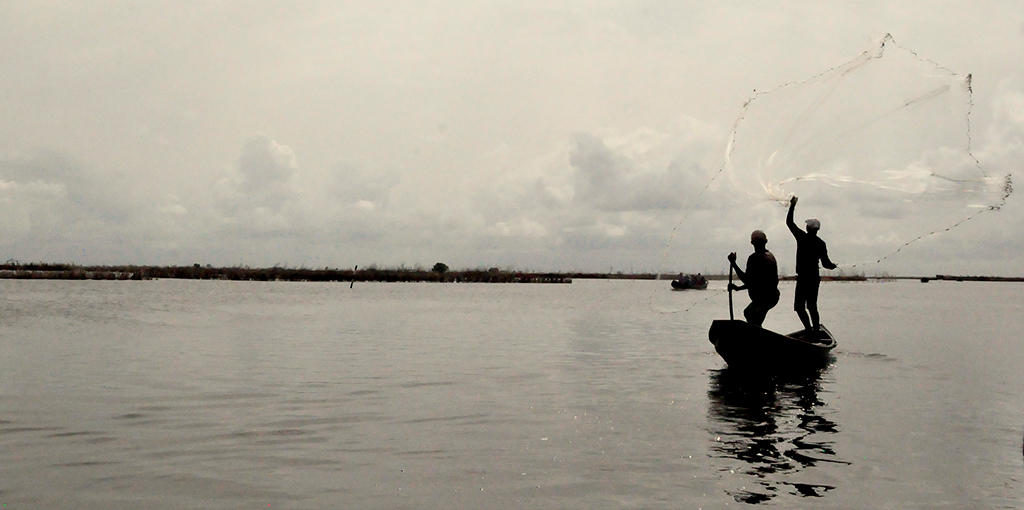Ethical banking could help solve the financial crisis
Last year, 215,000 people trusted an ethical bank to look after their money (according to the latest figures), 15% more than in 2014. This number of customers is forecast to continue rising, according to the 2015 Barometer of Ethical and Solidarity Finance. According to August Corrons, professor with the UOC's Faculty of Economics and Business, ethical banking “could help solve the systemic crisis we are experiencing” because it invests in social and environmental projects and avoids speculative projects. “This scenario could become a reality if the de facto powers allow this type of organization to grow and, above all , people believe that it is better to deposit their money in an ethical bank at a low rate of interest than in a speculative one with a higher rate of interest”, he explains.
Ethical banking arrived in Spain with the opening of the first branch of Triodos Bank in Barcelona, in 2004.
Photo: Flickr / Roberto Maldeno (CC)
According to Corrons, most people do not know what banks do with their money: “There are reports that describe the millions some financial institutions spend on arms and, consequently, on wars and their cost in human lives.” These institutions, the expert further explains, also invest millions in projects which speculate on the price of food and which, in the end, lead to inequality and hunger in the world. “If people were aware of this and stopped for five minutes to think about it, they would almost certainly take other decisions. It seems that the younger generations are doing so, but there is still a long way to go”, Corrons points out.
Looking after the worker
According to Corrons, as well as not speculating, not investing in arms and looking after the environment, ethical banking takes its human capital into consideration. “The salaries of the management team and the lowest-paid worker as not as disparate as they usually are. They also promote corporate social responsibility measures.”
Are ethical projects profitable enough?
The ethical banks that operate in Spain currently manage 1.8 billion euros of savings, 18% more than last year. As with traditional banking, Corrons underlines that all this money is invested in viable projects. So where is the difference? “Ethical banking does not require the project to generate huge profits, but simply to be viable in economic terms”, the expert points out. Consequently, he says that the money will be just as safe in an ethical bank as in a traditional one.
CSR in traditional banking
Traditional financial institutions are also committing to introducing corporate social responsibility in their areas of activity. Josep Lladós, professor with the UOC's Faculty of Economics and Business, explains that the traditional banks are increasingly improving their offer of savings products by launching CSR initiatives. For example: "la Caixa" Foundation is allocating four million euros to 154 projects aimed at social and workplace integration.
The origins
The solidarity economy first appeared on a global scale during the 1990s, as part of the alternative economy movements that were demanding an ethical approach from businesses. The Vietnam War and the apartheid regime in South Africa had made people aware that their money could be spent on arms.
Ethical banking arrived in Spain with the opening of the first branch of Triodos Bank in Barcelona, in 2004. Today, Fiare, Coop57 and Oikocredit, among others, also operate in Spain.
Experts UOC
Press contact
-
Editorial department
